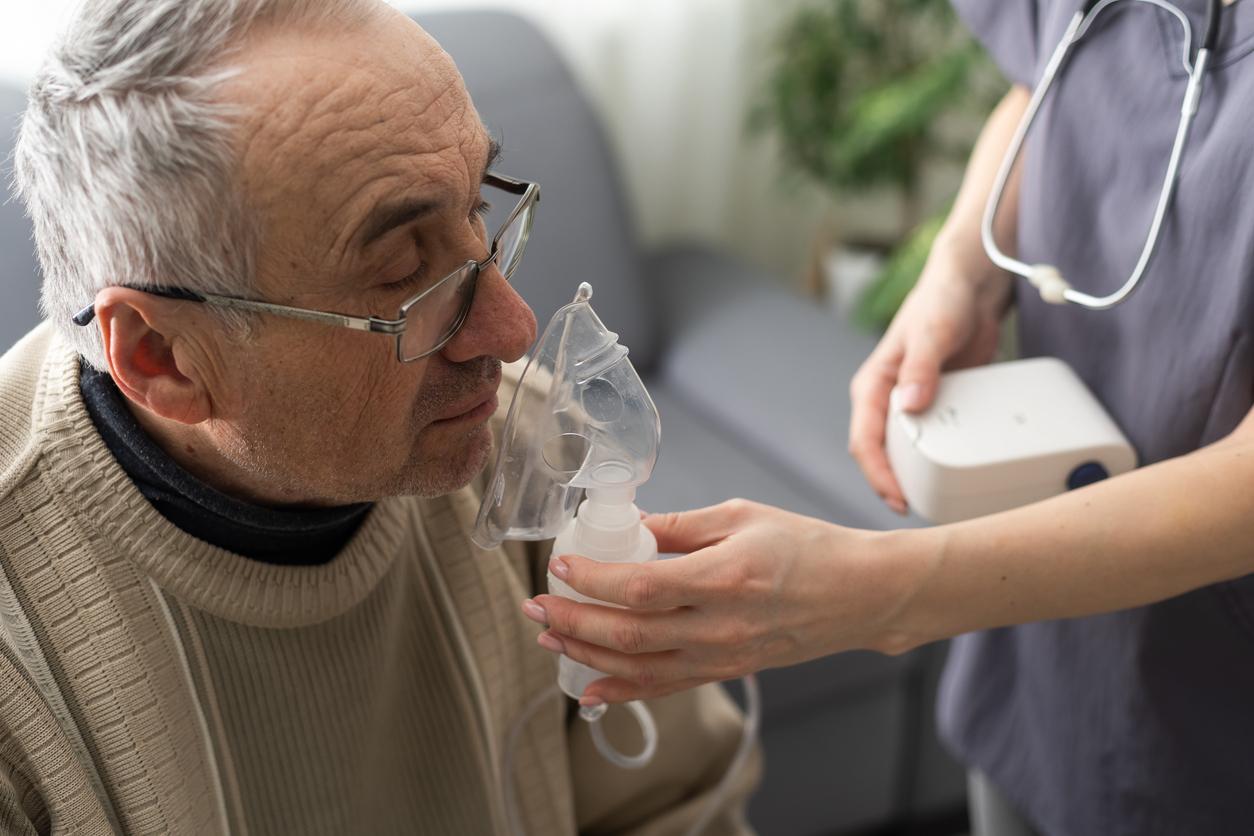While the resurgence of tuberculosis in a multidrug-resistant form worries the health authorities in France and in Europe, Brussels has just given its approval for the temporary “conditional” marketing authorization of a new treatment, Sirturo (bedaquiline ) marketed by the Janssen-Cilag laboratory. This treatment has already been approved by health authorities in the United States and received a positive opinion by the European Medicines Agency.
If clinical trials confirm the efficacy of Sirturo, it will be sold in Europe as an indicated treatment for adult patients with multidrug-resistant pulmonary tuberculosis (MDR-TB). It will be associated with “other anti-tuberculosis drugs when the use of other effective therapies is impossible for reasons of resistance or intolerance”, specifies the Janssen-Cilag laboratory in a press release taken up by AFP.
Multidrug-resistant tuberculosis (MDR-TB) is caused by organisms resistant to the most effective anti-tuberculosis drugs (isoniazid and rifampicin).
Still difficult diagnoses
About 4% of new cases of tuberculosis worldwide are due to multidrug-resistant strains according to the World Health Organization. In 2012, 450,000 people were diagnosed with multidrug-resistant tuberculosis. Most cases are concentrated in South Africa, Brazil, China, Russia and India.
WHO has recently expressed concern about the difficulties in diagnosing cases of multidrug-resistant tuberculosis in some countries (poor access to screening services). A problem to which is added the issue of patient care (access to care).


















